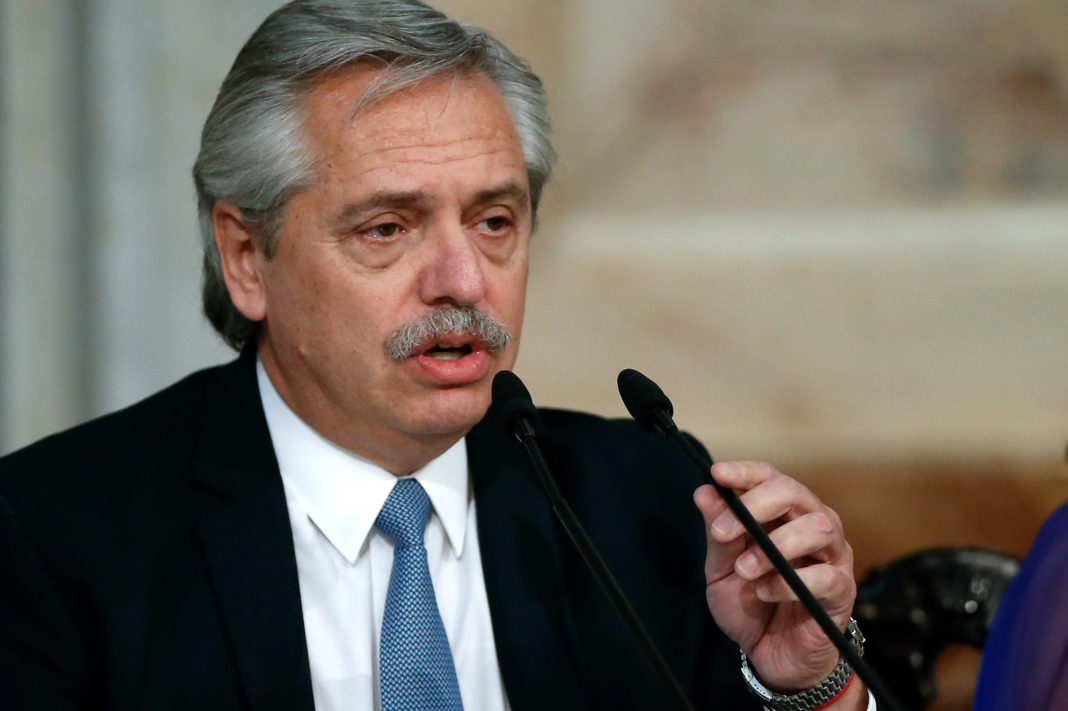Argentinian president Alberto Fernandez, who has spent the last weeks leading up to the current Mercosur virtual summit promising to work to incorporate Bolivia into the bloc as a member-in-full, took a complaint from the Uruguayan president and flippled into an invitation to leave the group.
Uruguay’s Luis Lacalle Pou said, “It should not be a burden, we are not willing to make it a corset in which our country cannot move, that is why we have talked about flexibility,” in a speech referencing Argentina’s opposition to negotiations outside the group.
The speech was fiery and so was Fernandez’s response, “We don’t want to be anyone’s burden. For me, it is an honor to be part of Mercosur … If it is a burden, the easiest thing is to abandon ship.”
Uruguay is one of the four founding remembers of the 30-year-old group. Bolivia has been in observer status since the 1990s and its president announced at the summit, the country’s “immediate willingness to carry out the tasks necessary to assume full membership,” a step that requires the approval of Brazil.
The meeting will continue on April 22.
By Milan Sime Martinic

